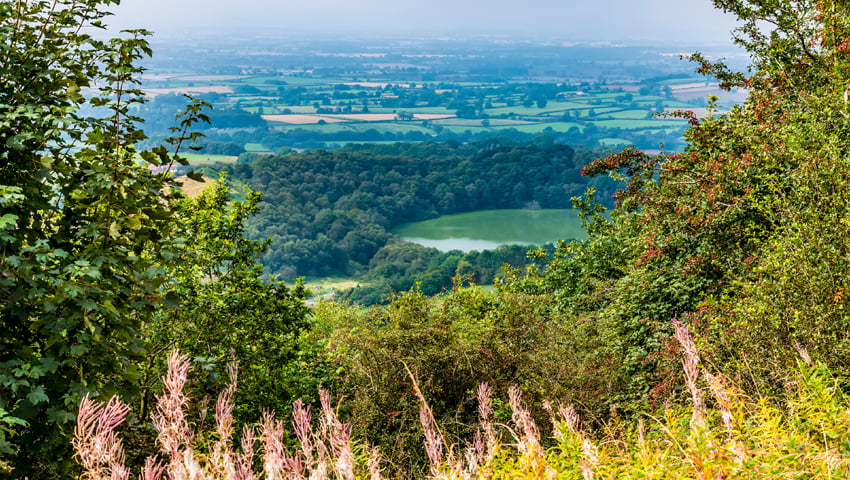The South Yorkshire Pensions Authority (SYPA) has announced the completion in late January of Project Chip the creation of new farmland Joint Venture with Royal London. The deal which is one of the largest ever agricultural land transactions in the UK involves the transfer of around 21,000 acres of farmland in Cambridgeshire, Lincolnshire, Norfolk and Wiltshire together with associated buildings and a farming business to a new investment vehicle, the RL Natural Capital Fund, in which SYPA continues to hold around 46%.
The £260m deal which has been in negotiation for several years sees SYPA give up direct control of a portfolio which since 1976 it had built into one of the largest single ownership agricultural holdings in the country.
The motivation for this project was a review of the agricultural portfolio carried out in 2020 which indicated that for strategic reasons the Fund should reduce its exposure to agriculture from 2.5% and seek to more actively exploit the environmental potential of the portfolio. However, SYPA were also concerned as the owners of the portfolio not to break up a business which has significant potential for future growth if further capital were available. SYPA also recognised that it did not have the depth of technical expertise necessary to actively manage the portfolio to achieve its full potential.
SYPA began discussing the potential for a joint venture with Royal London in 2021 with a view to creating a vehicle which could ultimately accept investment from further institutional investors.
Once an appropriate investment structure had been settled on the process required a significant due diligence process with several thousand documents needing to be reviewed and responses provided to several hundred questions raised by the legal and financial advisers supporting the process. This included reviewing 17th Century deeds relating to some of the land and the conducting of a range of detailed surveys of structures and machinery and things like soil quality.
Once completed to the satisfaction of all parties the final terms of the contractual arrangements were agreed and the transaction completed on 26th of January at which point SYPA moved from owning a portfolio of agricultural land to being the owner of around 46% of the new RL Natural Capital investment vehicle. The new vehicle has an initial business plan which will focus on:
A) Investigation of a range of options to address climate change and biodiversity loss and enhancing/maintaining agricultural return while reducing environmental impact, including:
- Regenerative farming by changing land management
- Changing land use
- Controlled environment agriculture
- Water quality improvement schemes
- Direct renewables
B) Exploration of in or off-setting via carbon reduction and removal strategies and Biodiversity Net Gain Initiatives:
- Voluntary inset or residual carbon emissions and wider operational and investment activities
- Surplus traded into off-set marketplace to enhance and diversify farm revenues
- Complete a review of the buildings and infrastructure across the estate to consider non-core buildings for demolition or conversion and subsequent sale or rental
- Develop a comprehensive acquisition strategy including examination of the potential for buying in lower grade land to support environmental initiatives
This plan fully aligns with the objectives which SYPA was seeking to achieve in its original review of the portfolio which sought to more actively manage the portfolio so as to achieve its full environmental potential.
Speaking of the transaction SYPA Chair Cllr Jayne Dunn said, “SYPA is delighted to be working with Royal London on this project to transfer our agricultural holdings into a new investment vehicle. As a mutual RL share our long-term investment perspective which is reflected in the shared objectives we have agreed for the future management of the portfolio. We have had three objectives throughout this process, to reduce our exposure to this type of asset, to maintain the integrity of the portfolio, and to ensure that the portfolio’s full environmental potential is achieved and the arrangement we have arrived at achieves all three of these objectives and marks a significant step in delivering our investment strategy.”
